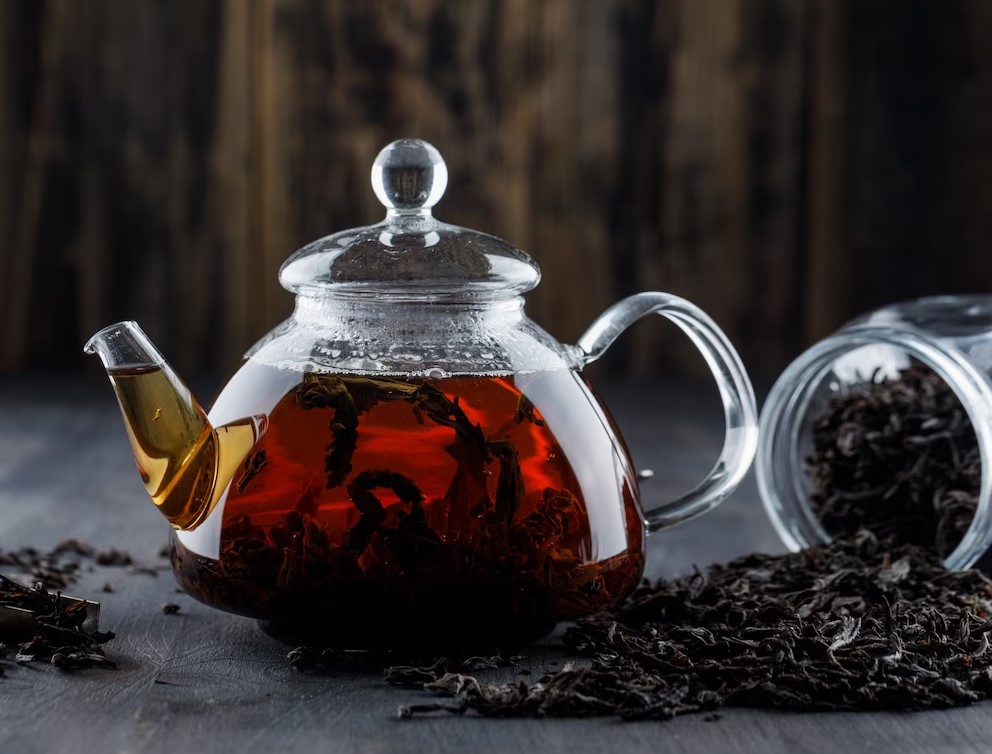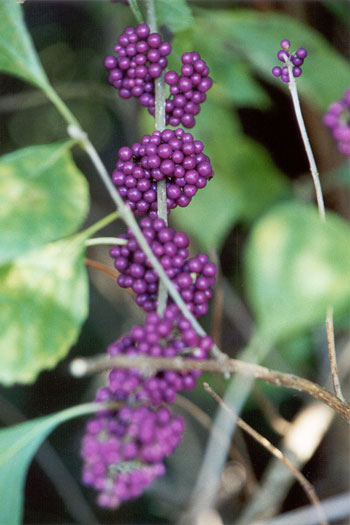Start Drinking Tea – Black Tea and Other Favorites May Boost Your Health in Later Life
The Benefits of Flavonoids
A daily cup of tea could help improve your health late in life, but if you’re not a tea drinker, there are other ways to incorporate flavonoids into your diet. Flavonoids are naturally occurring substances found in many common foods and beverages, such as black and green tea, apples, nuts, citrus fruit, berries, and more. These substances have been known to provide numerous health benefits, and recent research suggests they may be even more beneficial than previously thought.
Flavonoids are a group of natural compounds found in many fruits, vegetables, and plant products such as tea, wine, and chocolate. These compounds can be classified into six different types, each with unique benefits and ways of breaking down in the body.
Flavonoids are rich in antioxidants, which help the body fight off toxins and protect against oxidative stress. Eating a diet rich in flavonoids can help you stay healthy and reduce your risk of developing certain chronic conditions.
Study on Flavonoids and Heart Health
A study conducted by the Edith Cowan University (ECU) Nutrition and Health Innovation Research Institute and supported by the Heart Foundation examined the impact of flavonoids on the cardiovascular health of elderly women. The study found that women who consumed a high level of flavonoids in their diet were far less likely to have extensive build-up of abdominal aortic calcification (AAC). AAC is a predictor of cardiovascular risk, such as heart attack and stroke, as well as late-life dementia.
Australian Study Lead By Ben Parmenter
A study supported by the Heart Foundation focused on 881 elderly women with a median age of 80 years and found that those who consumed a high level of flavonoids in their diet were less likely to have extensive build-up of abdominal aortic calcification (AAC). AAC is the calcification of the abdominal aorta, the largest artery in the body responsible for supplying oxygenated blood from the heart to the abdominal organs and lower limbs. AAC is a predictor of cardiovascular risks, such as heart attack and stroke, and has been found to be a reliable predictor for late-life dementia.
According to Ben Parmenter, the lead researcher of the study and a researcher at ECU Nutrition and Health Innovation Research Institute, while there are many dietary sources of flavonoids, some foods have particularly high amounts. The main contributors are black or green tea, blueberries, strawberries, oranges, red wine, apples, raisins/grapes, and dark chocolate.
Although black tea was the primary source of flavonoids in the study due to the age of the participants, Mr. Parmenter stated that people who don’t drink black tea can still benefit from flavonoids. “Out of the women who don’t drink black tea, higher total non-tea flavonoid intake also appears to protect against extensive calcification of the arteries,” he said. This implies that flavonoids from sources other than black tea may be protective against AAC when tea is not consumed. This is essential as it allows non-tea drinkers to still benefit from flavonoids in their diet.
Mr. Parmenter added that AAC is a major predictor of vascular disease events, and this study shows that intake of flavonoids that could protect against AAC is easily achievable in most people’s diets, even in populations where black tea is not the primary source of flavonoids.
The Role of Flavanoids
There are many different types of flavonoids, such as flavan-3-ols and flavonols, which the study indicated appear to also have a relationship with AAC. Participants who had a higher intake of total flavonoids, flavan-3-ols, and flavonols were 36-39% less likely to have extensive AAC. The study found that black tea was the main source of total flavonoids for the cohort, but other foods, such as blueberries, strawberries, oranges, red wine, apples, raisins/grapes, and dark chocolate, also had high amounts of flavonoids.
Flavonoids help regulate cellular activity and fight off free radicals that cause oxidative stress on your body. In other words, they help your body function more efficiently while protecting it against everyday toxins and stressors.
Flavonoids are also powerful antioxidant agents, which help your body fight potentially harmful molecules. Additionally, flavonoids may help reduce inflammation, which is one of your body’s immune responses to allergens, germs, toxins, and other irritants.
Eating a diet rich in flavonoids may help you manage high blood pressure, decrease your risk of cardiovascular events, and lower your risk of developing type 2 diabetes. Some research also suggests that flavonoids may have potential as anticancer drugs.
Which foods have flavonoids?
Many plant-based foods contain flavonoids. Here are the six types of flavonoids and examples of foods that contain them:
- Flavanols: onions, kale, grapes, red wine, tea, peaches, berries, tomatoes, lettuce, scallions, and broccoli.
- Flavan-3-ols: white tea, green tea, oolong tea, black tea, apples, grapes, blueberries, strawberries, cocoa, and chocolate products.
- Flavones: parsley, red peppers, celery, chamomile, and peppermint.
- Flavanones: lemons, limes, oranges, and grapefruit.
- Isoflavones: soy, soy products, and some legumes like fava beans.
- Anthocyanins: red and purple grapes, red wine, cranberries, blueberries, strawberries, and blackberries.
While black tea was the main source of flavonoids in the study, ECU Nutrition and Health Innovation Research Institute researcher and study lead Ben Parmenter notes that people can still benefit from flavonoids without drinking tea. Those who don’t drink black tea can still benefit from flavonoids by consuming other dietary sources.
The study found that higher total non-tea flavonoid intake also appears to protect against extensive calcification of the arteries, indicating that flavonoids from sources other than black tea may be protective against AAC when tea is not consumed.
Conclusion
The study’s findings suggest that flavonoids, particularly those found in black tea, may help protect against cardiovascular disease and late-life dementia. The research also shows that flavonoids are easily achievable in most people’s diets through a variety of foods and beverages. So, if you’re not a tea drinker, don’t worry – you can still benefit from flavonoids by adding other flavonoid-rich foods to your diet, such as berries, citrus fruit, and nuts.



